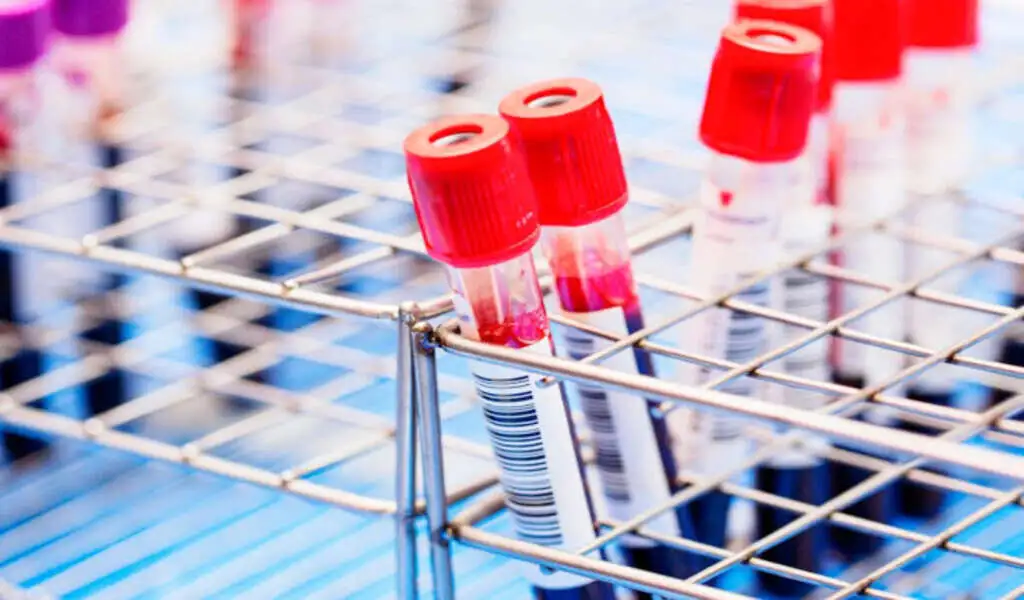(CTN News) – There is a possibility that doctors will someday be able to detect breast cancer noninvasively in patients earlier than they are currently able.
Currently, breast cancer is the leading cause of cancer death among women in the U.S. Women with breast cancer who receive early diagnosis and treatment have a better prognosis. However, mammograms are less effective for women under 40 due to dense breast tissue and discomfort associated with screenings and biopsies.
Research conducted in my lab group has identified proteins that play a role in tumor development in breast milk and blood serum. It is our hope that using these cancer-related proteins, biochemists like myself and colleagues can develop a biomarker panel physicians can use to diagnose and treat breast cancer earlier.
What Proteins Tell Us About What’s Happening
Proteins can be analyzed in many tissues, including biopsies of tumors or biological fluids like blood, saliva, urine, tears, or breast milk. The goal of this technique is to study the proteome of a sample – the entire set of proteins present in a cell, organism, or species. It is called proteomics.
In studies comparing the proteomes of healthy people and those with breast cancer, proteomics can be a highly effective tool. An analysis of case-control data can identify a protein or a group of proteins and their variants associated with a particular disease.
Those are the proteins my colleagues and I are searching for: proteins that only appear in breast cancer samples. Biomarkers serve as indicators of a patient’s health condition. As our candidates undergo large-scale clinical trials involving many patients, we hope that specific proteins will be able to predict someone’s future risk for developing the disease.
In the current state of breast cancer treatment, doctors are able to gauge a patient’s response to treatment using biomarkers. The molecules cancer antigen 15-3 (CA 15-3) and carcinoemybronic antigen (CEA) are elevated in breast cancer patients, so monitoring their levels can indicate whether treatment is working.
Cancer can be detected through biomarkers, such as inherited variants of the BRCA1/2 genes.
They don’t help diagnose breast cancer, though.
Cancer biomarkers are proteins instead of or RNA or DNA because proteins provide a snapshot of what’s happening in a patient’s body at the time a sample is taken.
DNA and RNA can tell you whether a gene is active or not, but not what it codes for or how many proteins are there. A protein analysis can also reveal changes a protein has undergone and protein-protein interactions that can alter its function.
SEE ALSO:






